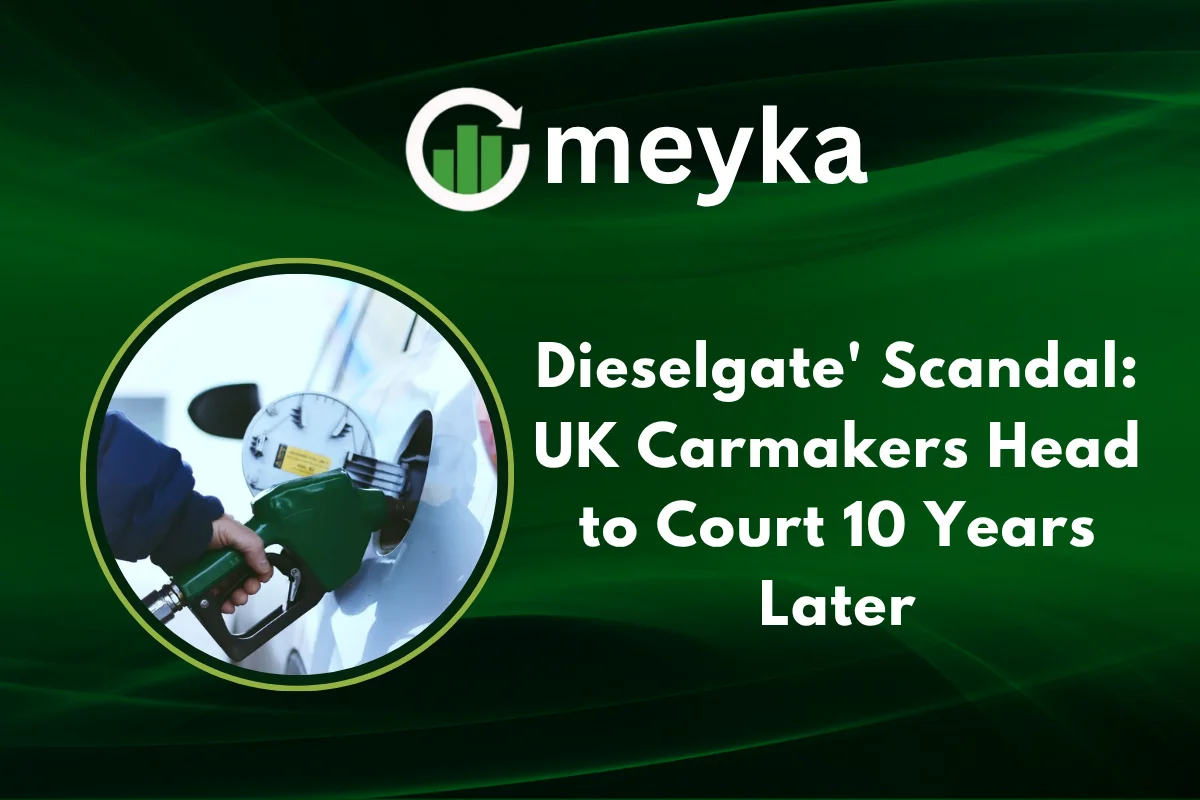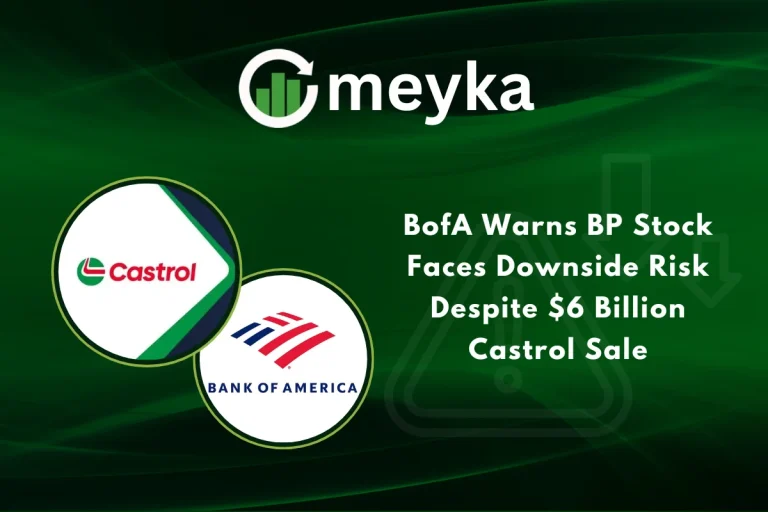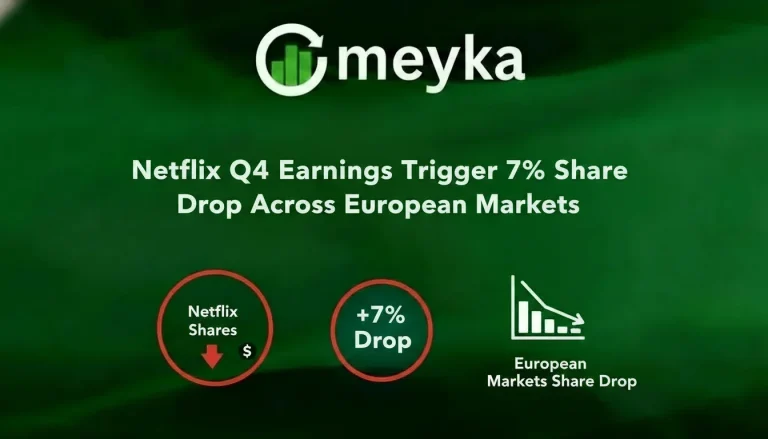Dieselgate’ Scandal: UK Carmakers Head to Court 10 Years Later
Ten years after the original Dieselgate scandal erupted with Volkswagen, the UK finds itself back in the spotlight. In 2025, a landmark legal battle unfolds in London as millions of diesel car owners bring lawsuits against major automakers.
This renewed legal pressure could reshape accountability, environmental regulation, and corporate transparency.
Dieselgate Scandal: A Brief Recap
The term “Dieselgate scandal” refers to the emissions cheating scandal first exposed in 2015, when Volkswagen admitted that many of its diesel vehicles were fitted with software known as “defeat devices.” These devices made cars appear compliant with nitrogen oxide (NOₓ) emissions limits during laboratory testing, while in real-world driving conditions, they far exceeded those limits.
Globally, Volkswagen has now paid over €32 billion in fines, vehicle refits, and settlements. In the UK, VW settled a class-action for £193 million to around 91,000 drivers in 2022, without admitting liability.
That scandal sparked litigation and regulatory reviews in multiple countries. But until now, many other automakers had not faced comparable scrutiny in UK courts.
Why the UK Trial Matters: The Revival of Dieselgate
In October 2025, a massive class action trial opened in London’s High Court, targeting five lead carmakers accused of emissions manipulation: Mercedes-Benz, Ford, Nissan, Renault, and Stellantis (owners of Peugeot/Citroën).
The case involves 1.6 million claimants across the UK, with legal teams arguing that defeat devices or similar software were used in diesel cars sold between 2012 and 2017.
Rather than immediately deciding compensation, the first phase of the trial will examine a representative sample of 20 diesel vehicles to determine whether prohibited devices existed. If the court rules that those devices were unlawful, subsequent phases will decide how much each claim should receive.
The trial is expected to last three months, with a judgment possibly reserved until mid-2026.
If successful, the ruling would have a binding effect on another 800,000 claims against brands like BMW and Vauxhall/Opel.
Legal Arguments: Claimants vs. Automakers
Claimants’ Case
- Lawyers argue that the carmakers intentionally prioritized sales and ease over compliance, designing software to cheat emissions tests.
- In real driving conditions, NOₓ emissions were allegedly up to 12 times beyond legal limits for some of the tested vehicles.
- Owners claim they were misled when buying diesel vehicles advertised as “cleaner” or “low emissions.”
- They base claims on consumer protection law, misrepresentation, and environmental harm.
Defense Position
- Automakers strongly deny any wrongdoing or parallels with VW.
- They claim vehicle emissions technology is complex, and differences in “test mode” vs real-world calibration may be defensible on engineering/technical grounds.
- Some also argue that regulators already approved the vehicles under prevailing standards at the time.
The Stakes: Billions, Precedent, and Environmental Accountability
Financial Exposure
Legal observers estimate the total liability for the automakers could reach £6 billion or more. That would surpass Volkswagen’s earlier UK payout and significantly impact profit margins and investor confidence.
For automakers listed on the stock market, this litigation could trigger revaluation, increased risk premiums, and pressure on corporate governance. In the context of stock research, analysts will likely re-examine credit risk, regulatory exposure, and long-term liability.
Legal and Regulatory Precedent
- If judges find vehicle software unlawful, it could cement corporate accountability for emissions claims, even years later.
- This case may inspire similar lawsuits in other countries, raising global regulatory standards and stricter oversight.
- Governments may feel pressure to enforce recalls or fixes on affected vehicles, though in the UK, ministers have rarely used recall powers, even after 2021 legislation authorized such action.
Public Health & Reputation
Pollution from excess NOₓ is tied to respiratory illnesses and is believed to have caused thousands of premature deaths and asthma cases. Some commentators estimate 16,000 deaths and 30,000 child asthma cases linked to diesel emissions in the UK.
Brands implicated risk severe damage to public trust and reputational capital, especially as consumers shift toward electric vehicles and demand corporate responsibility.
What to Watch: Timeline & Outcomes
- October to December 2025
- The High Court hears the sample vehicle trial.
- Mid-2026
- Judgment on whether defeat devices were used.
- If the ruling is adverse, further hearings will determine compensation.
- Autumn 2026 and beyond
- Mass payout phase.
- Potential appeals.
- Spillover litigation in other jurisdictions.
Investors in AI stocks, clean energy, or auto tech may find this case relevant if capital shifts toward greener alternatives. The automotive sector, under this pressure, must adapt or face legal and financial consequences.
Lessons & Implications Beyond the Courtroom
- Transparency is essential: Companies must audit and disclose emissions data honestly.
- Regulators cannot remain passive: Legal loopholes or weak enforcement allow misconduct to persist.
- Litigation can be transformative: A successful judgment may recalibrate responsibility across industries.
- Future of mobility is under scrutiny: As the world pivots to EVs and hydrogen power, legacy diesel manufacturers face existential risk.
For consumers and investors alike, the resurgence of Dieselgate in the UK is a stark reminder: unethical engineering is not just a technical flaw; it can become a legal and moral crisis with enormous consequences.
FAQs
The lead defendants are Mercedes-Benz, Ford, Nissan, Renault, and Stellantis (Peugeot/Citroën). If the case expands, it may include BMW, Vauxhall/Opel, Volkswagen, and others.
A defeat device is software or hardware that alters emissions behavior during regulatory tests (lower emissions) versus real-world driving (higher emissions), essentially cheating legal limits.
The sample trial decision is expected by mid-2026. If victory, a second phase will decide payouts. Mass compensation hearings could run into late 2026 or beyond.
Disclaimer:
This content is made for learning only. It is not meant to give financial advice. Always check the facts yourself. Financial decisions need detailed research.






